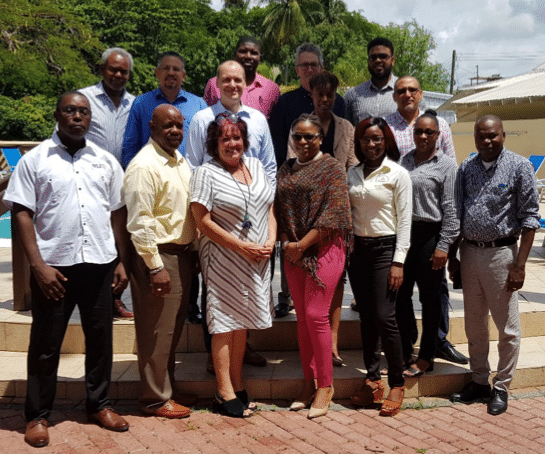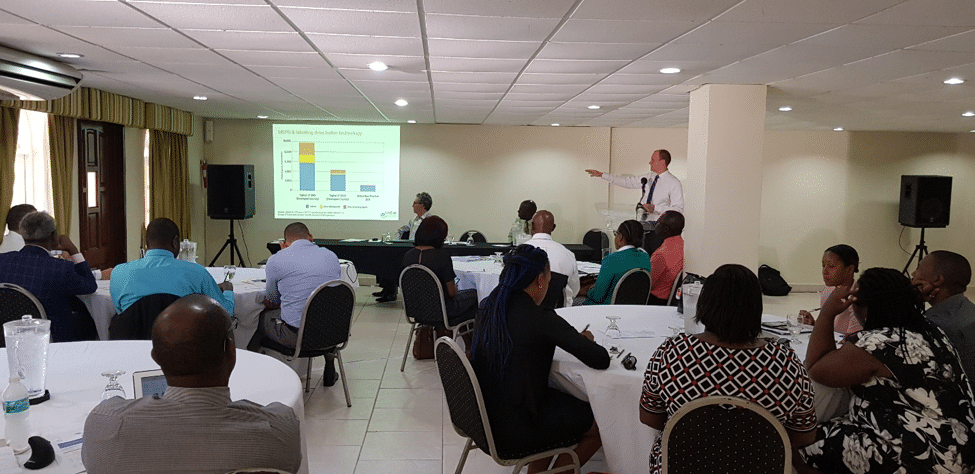CARIBBEAN CAPACITY BUILDING WORKSHOP ON PRODUCT REGISTRATION SYSTEMS
 Representatives from Customs and Energy Ministries in Caribbean countries participated in a two-day workshop in Bridgetown, Barbados, on product registration systems. United for Efficiency (U4E) organized the workshop. The participants from Bahamas, Barbados, Dominican Republic, Grenada, Jamaica and Saint Lucia were trained on how to set up, implement and manage a Product Registration System.
Representatives from Customs and Energy Ministries in Caribbean countries participated in a two-day workshop in Bridgetown, Barbados, on product registration systems. United for Efficiency (U4E) organized the workshop. The participants from Bahamas, Barbados, Dominican Republic, Grenada, Jamaica and Saint Lucia were trained on how to set up, implement and manage a Product Registration System.
Participants discussed existing market monitoring mechanisms in the region and explored opportunities to develop a system capable of underpinning energy-efficiency policies for air conditioners, refrigerators and other products. This work is part of U4E’s Caribbean Cooling Initiative (C-COOL) that includes market assessments to understand the baseline of current markets for cooling products in each country, drafting of National Cooling Strategies identifying opportunities to switch to more sustainable cooling solutions, piloting innovative financial mechanisms to address cost barriers to adopting such solutions and capacity building.
 United for Efficiency’s Work on Product Registration Systems
United for Efficiency’s Work on Product Registration Systems
Product registration systems are used to capture specific information on products to underpin policies or programs. They provide an initial compliance gateway for products to enter a market. U4E provides technical assistance to selected countries to pursue Product Registration Systems that are informed by best practices from around the world. While the initial focus is on cooling products, such systems are equally useful for other products countries may wish to monitor (e.g. lighting, televisions, washing machines, etc.).
The capacity building is based on U4E tools and resources including a prototype system and Guidance Notes addressing the following topics:
- What is a Product Registration System and Why Use one?
- Planning to Build—Foundational Considerations
- Planning to Build—Detailed Considerations
- Implementing a Product Registration System
These activities are funded by the Kigali Cooling Efficiency Programme and the Global Environment Facility.


Leave a Reply